Aesthetic Science
Aesthetic Science
Representing Nature in the Royal Society of London, 16501720
ALEXANDER WRAGGE-MORLEY
The University of Chicago Press
Chicago and London
The University of Chicago Press, Chicago 60637
The University of Chicago Press, Ltd., London
2020 by The University of Chicago
All rights reserved. No part of this book may be used or reproduced in any manner whatsoever without written permission, except in the case of brief quotations in critical articles and reviews. For more information, contact the University of Chicago Press, 1427 E. 60th St., Chicago, IL 60637.
Published 2020
Printed in the United States of America
29 28 27 26 25 24 23 22 21 20 1 2 3 4 5
ISBN-13: 978-0-226-68072-9 (cloth)
ISBN-13: 978-0-226-68086-6 (paper)
ISBN-13: 978-0-226-68105-4 (e-book)
DOI: https://doi.org/10.7208/chicago/9780226681054.001.0001
Library of Congress Cataloging-in-Publication Data
Names: Wragge-Morley, Alexander, author.
Title: Aesthetic science : representing nature in the Royal Society of London, 16501720 / Alexander Wragge-Morley.
Description: Chicago ; London : University of Chicago Press, 2020. | Includes bibliographical references and index.
Identifiers: LCCN 2019047754 | ISBN 9780226680729 (cloth) | ISBN 9780226680866 (paperback) | ISBN 9780226681054 (ebook)
Subjects: LCSH: Ray, John, 16271705. | Boyle, Robert, 16271691. | Grew, Nehemiah, 16411712. | Hooke, Robert, 16351703. | Willis, Thomas, 16211675. | Royal Society (Great Britain) | ScienceGreat BritainHistory17th century. | ScienceAesthetics. | Knowledge, Theory of. | Senses and sensationGreat Britain.
Classification: LCC Q127.G4 W73 2020 | DDC 509.2/241dc23
LC record available at https://lccn.loc.gov/2019047754

This paper meets the requirements of ANSI/NISO Z39.48-1992 (Permanence of Paper).
Contents
Since things themselves cannot be painted and heard, we paint and listen to representations of them. Even if these representations are not similar to them, we see nonetheless certain sensible beautiful things in them that make us understand a theorem, that is, a property of the intelligible thing itself.
GOTTFRIED LEIBNIZ, De Characteribus et Compendiis, 1676
Given that the senses seem to provide us our only means of reckoning with the external world, questions about the meanings of sensory experience have long been of fundamental importance to the theory and practice of the sciences. Such questions became particularly urgent, however, during the second half of the seventeenth century, when many of the natural philosophers associated with the nascent Royal Society of London urged that sensory experience should serve as the foundation for a new science of nature. Indeed, this moment is usually regarded as one of the crucial phases in the emergence of the modern empirical sciences in Europe. At the time of the societys foundation in 1660, the suggestion that sensory experience could serve as the basis for a system of knowledge about the workings of the physical world was not as new as has often been claimed. Nevertheless, it is fair to say that the schools of thought then dominantwhether the broadly Aristotelian natural philosophy still practiced in many universities or the so-called new philosophy identified with Ren Descartes (15961650)generally regarded experience as an unpromising foundation for knowledge, noting the many errors and uncertainties intrinsic to our sensory encounters with the world. For Descartes, the way to resolve those uncertainties was by turning away from experience and relying instead on the dead certainties of deductive reasoning. He and the other thinkers known today as rationalists, including figures such as Thomas Hobbes (15881679) and Baruch Spinoza (16321677), hoped to discover the truth by subjecting the world of experience to systems of thought derived from mathematics and logic.
Among the members of the Royal Society, however, philosophers such as Robert Boyle (16271691), Robert Hooke (16351703), and John Ray (16271705) held quite another position. Building on both ancient and modern
With this reflection on what we might call the animality of the senses, Hooke gestured toward one of the most troubling paradoxes of the empirical philosophy. For its information about the external world, the mind depended on sensory organs that did not always respond objectively to the things around them. In fields ranging from political thought to neurophysiology, thinkers of the seventeenth century recognized that those seemingly irrational responses could exercise considerable power over both the body and the mind. In An Essay Concerning Human Understanding (1690)perhaps the single most influential attempt to describe the epistemology of empiricismJohn Locke (16321704) argued that the feelings of pleasure arising from sensory experience motivated much human thought and action.
For a long time, historians and philosophers of science argued that the Royal Societys solution to this problem was to find ways of disciplining affect out of experience, using philosophical method to anesthetize both individuals and the philosophical community against the distortions of individual subjectivity. They have suggested that the society developed practices that gave rise to a recognizably modern form of empiricism, characterized both by a dispassionate account of scientific experience and by skepticism about the possibility of using natural philosophy to make metaphysical claims, or other arguments about the ultimate reasons for things.
The explicitly empirical science promoted by the Royal Society in the seventeenth century should be an important target for just such a reconsideration. The image of the society as a body of philosophers committed to something that we would recognize as scientific objectivity, premised on a desire to produce transparent representations of the reality of the world and nothing more, remains surprisingly tenacious. Such a view, indeed, continues to inform assessments of the relationships between theology, metaphysics, and representational practices in the work of philosophers such as Robert Boyle, Nehemiah Grew, Robert Hooke, John Ray, and Thomas Willis. In recent years, however, focusing on the study of visual, material, and textual practices, scholars have begun to show that the provocation of feeling, not just the dispassionate exercise of reason, was central to the Royal Societys work. It is high time, therefore, to seek out ways of incorporating the history of experienceincluding its affective and subjective dimensionsinto the history of the empirical sciences. In Aesthetic Science, I argue that we can only accomplish this end by making experience into our main category of analysis. The history of the empirical sciences must, in other words, be a history of experience itself.
The Aesthetic and the Empirical Sciences
The concepts commonly associated with aesthetics are powerful tools for working out how philosophers such as Hooke and Locke attempted to make the pleasures and pains of the senses serve the interests of knowledge production. However, the use of terminology alien not only to the time and place under consideration but also to the topic as it is conventionally understood requires explanation. After all, the term aesthetic

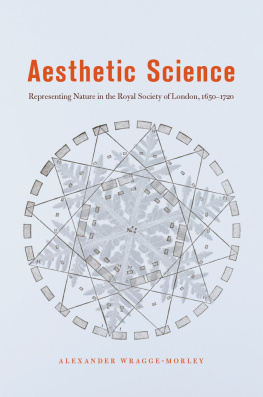


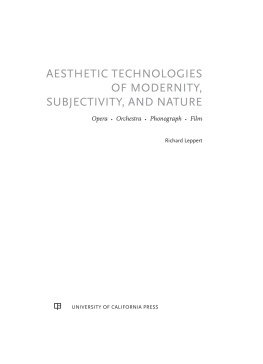
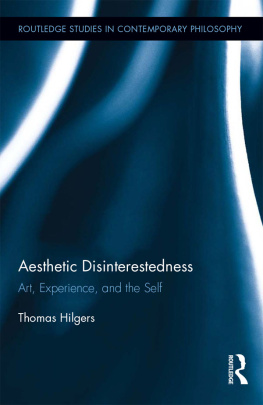
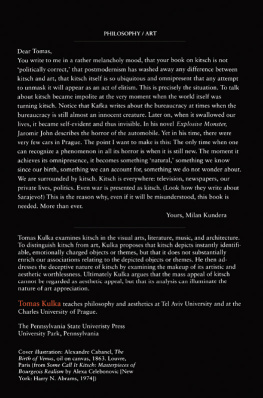
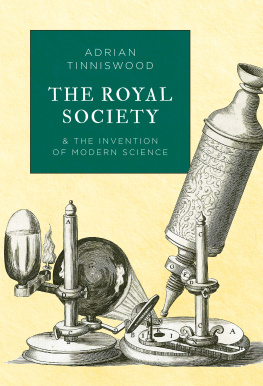
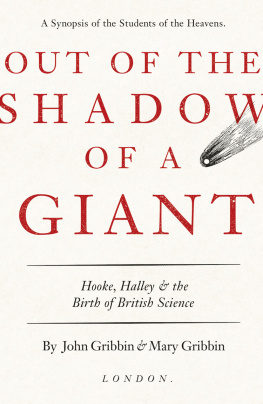
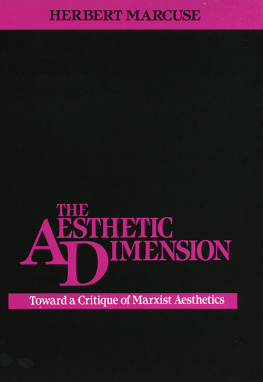
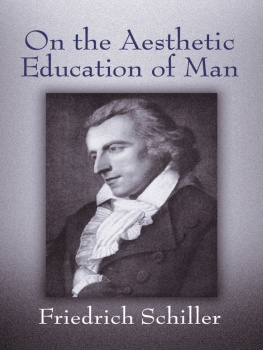

 This paper meets the requirements of ANSI/NISO Z39.48-1992 (Permanence of Paper).
This paper meets the requirements of ANSI/NISO Z39.48-1992 (Permanence of Paper).